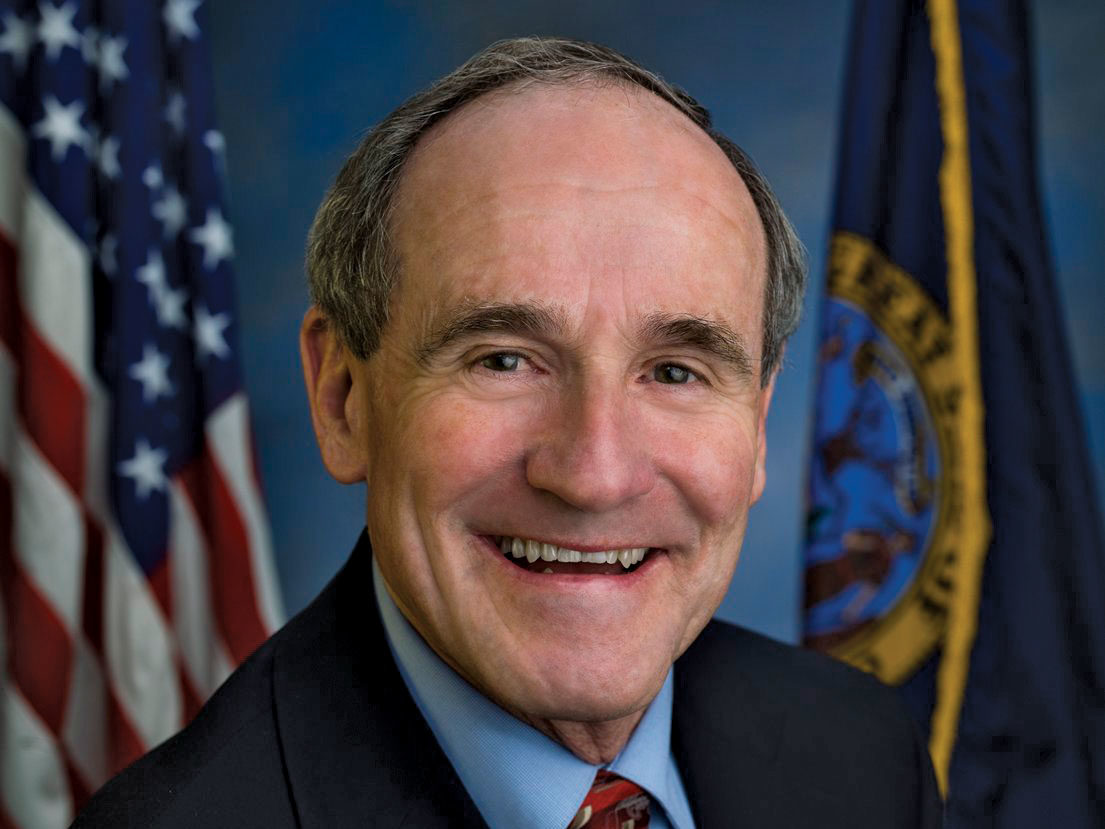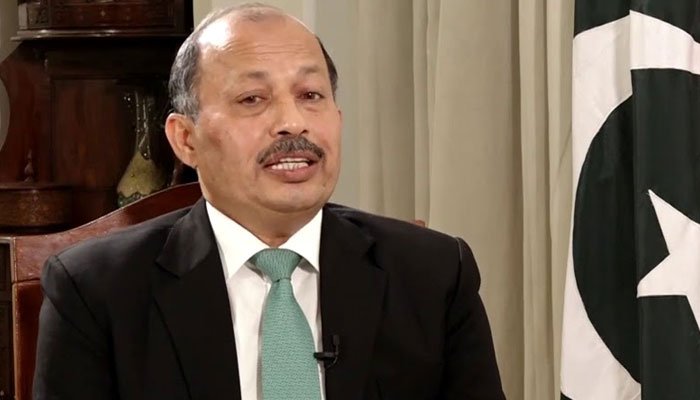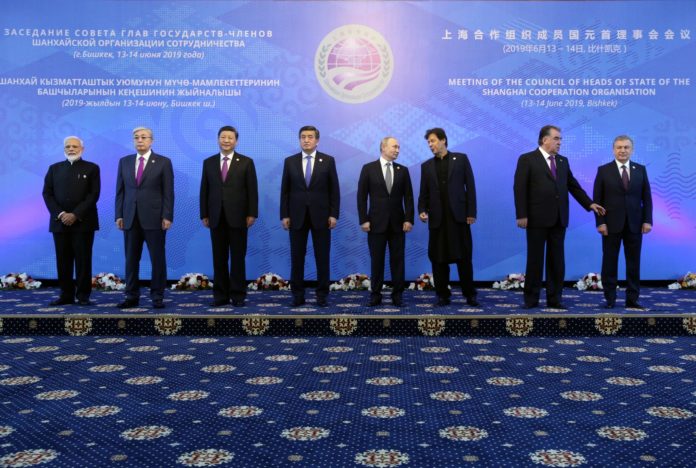Prime Minister Imran Khan announced on September 18 that he has initiated a dialogue with the Taliban for the formation of an inclusive government in Afghanistan. The announcement was made a day after his meeting with the leaders of Afghanistan’s neighbours, including China, Russia, Iran and Tajikistan on the side-lines of the Shanghai Cooperation Organization (SCO) summit in Dushanbe, Tajikistan. “After 40 years of conflict, this inclusivity will ensure peace and a stable Afghanistan which is in the interest not only of Afghanistan but the region as well.” Islamabad has been stressing the need for an inclusive government in Afghanistan since the Taliban took over the country and announced an interim government.
The Taliban have promised a milder form of rule this time around. However, UN Rights Chief Michelle Bachelet said she was “dismayed by the lack of inclusivity of the so-called caretaker cabinet, which includes no women and few non-Pashtuns”.
Asking for an inclusive government is indeed a silly demand at this moment. Politically popular and militarily victorious, the Taliban movement is being asked to include its enemies into its cabinet. This is akin to Biden taking Trump as his vice President, after all almost the same number of Americans voted for both! Or PM Imran Khan taking in Nawaz Sharif and Asif Zardari as Deputy Prime Ministers. By taking in an ethnic Tajik as Army Chief and an ethnic Uzbek as one of the two deputy Prime Ministers, the Taliban have outperformed, both, the US as well as Pakistan in inclusivity of its political mosaic.
Recently Daniel W. Drezner wrote for the September-October issue of Foreign Affairs, captioned: “The United States of Sanctions, The Use and Abuse of Economic Coercion”:
“In theory, superpowers should possess a range of foreign policy tools: military might, cultural cachet, diplomatic persuasion, technological prowess, economic aid, and so on. But to anyone paying attention to U.S. foreign policy for the past decade, it has become obvious that the United States relies on one tool above all: economic sanctions. Sanctions measures taken by one country to disrupt economic exchange with another have become the go-to solution for nearly every foreign policy problem”.
Currently the Biden Administration is struggling to make believe the World in general and the US public in particular that the Kabul fiasco has been better managed; especially, much better than the Saigon fiasco. ‘This is not Saigon’. Blinken defended US evacuations from Kabul during a recent Congressional hearing. ‘Channels of communication’ [are] open with Taliban’, Blinken added.
According to Aljazeera, Blinken faced stern bipartisan criticism from senators unhappy with the Biden administration’s handling of the withdrawal from Afghanistan. According to Jabin Botsford, Blinken faced anger and criticism. Senators expressed anger and demanded answers over handling of the US military withdrawal from Afghanistan and the ensuing refugee crisis.
“The execution of the US withdrawal was clearly and fatally flawed,” Senator Bob Menendez, the Democratic Chairman of the Senate Foreign Relations Committee, told Blinken during a committee hearing. Menendez said the committee would pursue a “full explanation” of the administration’s decisions on Afghanistan since US President Joe Biden came into office in January. “There has to be accountability,” said Menendez, who argued the Biden administration “clearly fell short” of its stated goal of leaving “a durable political arrangement” in Afghanistan.

Senator James Risch, the top Republican on the Senate panel, called the US withdrawal a “dismal failure” and charged the Biden administration with “ineptitude”. “One of the things we need to get to the bottom of is, who’s responsible for this? Who made the decisions?” said Risch. “While I supported a responsible end to the war in Afghanistan, no American thinks we should have left this way. America cannot end a war simply by walking away,” Risch said.
Menendez said he intends to call US military officials to testify before the Committee and expressed disappointment that US Secretary of Defence Lloyd Austin declined to appear at the hearing. “A full accounting of the US response to this crisis is not complete without the Pentagon, especially when it comes to understanding the complete collapse of the US-trained and funded Afghan military,” Menendez said. He also threatened to issue subpoenas to witnesses and to hold back Senate confirmation of Defence Department political nominees. During 20 years of US involvement in Afghanistan, “Congress has been misled”, Menendez said.
Senator Tim Kaine, a Democrat and political ally of President Joe Biden also challenged Blinken on why the administration had not been better prepared for a collapse of the US-backed government in Kabul. “The contingency planning for something that was a possibility, wasn’t all that it should have been,” Kaine said. The US diplomats in Afghanistan had warned Blinken in a secret cable in July of a potential fall of the Afghan government in Kabul, according to a report in the Wall Street Journal newspaper.
Using Afghan soil against Pakistan has become impossible for New Delhi after the swift capture of Panjshir Valley by the Taliban. This is being dubbed as the ‘last nail in India’s coffin in Afghanistan’, as its huge investment in men and material to ‘destabilise’ Pakistan has finally washed away. India, being the major stakeholder of the ‘great game’ of disrupting the region’s peace, has suddenly been left high and dry.
The fall of Panjshir has also revealed the secret of its prolonged resistance, which it owes to India’s continuous support to the Northern Alliance, a coalition of anti-Taliban warlords. The worst-case scenario has come as a strategic shock for India, just like a ‘disgraceful silent death’ of the Indian network aimed to destabilise Pakistan. Also, India’s hope of using the “formidable” Panjshir Valley as a launching pad for anti-Taliban operations to reclaim Afghanistan, have fallen flat. India is not likely to take all this lying down.
Pakistan, on September 14, established first formal and public contact with the interim Afghan government when its envoy in Kabul met Taliban-nominated acting foreign minister, Maulvi Amir Khan Mutaqi. “Called on the new Afghan Foreign Minister H.E Amir Khan Mutaqi and discussed strengthening of bilateral cooperation particularly facilitating humanitarian, economic and people to people exchanges,” Mansoor Ahmed Khan, Pakistan’s Ambassador to Kabul said in a tweet after the meeting. He was the first foreign envoy to meet the Afghan foreign minister, suggesting Pakistan’s policy of staying engaged with the new dispensation in Kabul.

Sohail Shahin, the Taliban spokesperson said the two discussed “smooth movement of people at Torkham and Spin Boldak border and problems of Afghan refugees in Pakistan.” Observers also see this development as de facto recognition of the Taliban government by Pakistan. The Taliban spokesperson said the Pakistan Ambassador promised to facilitate movement of people at Torkham and Spin Boldak and resolve problems faced by the Afghan refugees there.
The UN Secretary General while addressing the Geneva Conference on September 13 warned that the essential food supplies could dry up by the end of this month. He also said the humanitarian situation was so dire in Afghanistan that every third Afghan did not know where they would get the next meal from. The international community pledged $1.2 billion assistance, a move welcomed by the Afghan Taliban government. The acting foreign minister in his maiden press conference said that the assistance should be distributed through the government. UN Chief Antonio Guterres said, “It is impossible to provide humanitarian assistance inside Afghanistan without engaging with the de facto authorities,” the UN secretary-general told delegates attending the Geneva talks. “It is very important to engage with the Taliban at the present moment.”
China announced that it would send $31 million worth of food and health supplies to Afghanistan, among the first foreign aid pledges since the Taliban took power. Muttaqi said he had held discussions with China’s ambassador on the coronavirus vaccine and other humanitarian causes, with Beijing pledging $15 million which will be available “soon”. Muttaqi urged the United States to show “heart” to the impoverished country for promised aid. America is a big country, they need to have a big heart, he added. Russia is planning to send food and medicine to Afghanistan soon as humanitarian aid. The Taliban have thanked the world at large for pledging hundreds of millions of dollars in emergency aid to Afghanistan.
Afghanistan is heavily dependent on aid. It is facing an economic crisis with the new authorities unable to pay salaries, and food prices are soaring. Since the Taliban takeover, the World Bank and International Monetary Fund on American behest have halted Afghanistan’s access to funding, while the United States itself has also frozen cash held in its reserve for Kabul. Ajmal Ahmady, former acting governor of the Afghan Central Bank disclosed that the country no longer had access to around $9 billion in aid, loans and assets. Meanwhile, Afghans are resorting to selling their household goods to raise money to pay for essentials, and bustling second-hand goods markets have mushroomed in most urban centres.
US Secretary of State Antony Blinken had previously warned that the Taliban would have to earn legitimacy and support, after talks with allies on how to present a united front. The [Afghan] caretaker cabinet, he said, would be judged “by its actions”.
Pakistan is monitoring the ability of the new Taliban government in Afghanistan to deliver on commitments and promises to uphold human rights that they have made to the international community before extending recognition to it, Pakistan’s Ambassador to the United States Asad Majeed Khan has said. “Whether the Taliban actually abide by those (commitments) is their call,” the Pakistani envoy said in an interview with The Washington Diplomat. “But we have basically laid out our expectations, which is that we want the rights of everyone to be respected,” he said. When asked under what conditions Pakistan would recognise the Taliban government, he said, “We want that Afghan territory not be used against any other country, including Pakistan. We want human rights and women’s rights to be preserved.” Ambassador Khan said Pakistan believed that “instead of indulging in give-and-take on these issues, right now what’s really important is to avert a humanitarian crisis.” What was really important at the moment was to “basically not let things fall apart”, he said, adding “clearly, there is a new reality, which is a government under the Taliban.” “The international community has to make a choice: between engaging and that doesn’t necessarily mean recognition and abandonment.” “I can tell you that today, we are together on the same side in terms of our interests and expectations in Afghanistan. The US wants to see the conflict end; that’s also what we want. And we would like to see that the gains Afghanistan has made over the last few decades are preserved.”
Pakistan has decided that it would not recognise the Taliban government unilaterally but with the consent of regional and international powers. Pakistan would take a decision about recognising the Taliban government in Afghanistan in consultation with regional and international powers, especially China, Turkey and the United States.
The situation is becoming dire for around 18 million people of Afghanistan who are in immediate need of humanitarian assistance and a slow response from the international community can cause grave humanitarian consequences. It is time to renew developmental partnerships, support nation-building, and meet the humanitarian needs of the Afghan population. Whilst focusing on the humanitarian situation inside Afghanistan, the world must not forget the millions of Afghans in large refugee-hosting countries, for whom the international support has dwindled over the years.
Pakistan is supporting the humanitarian efforts in Afghanistan in several ways, including by facilitating the evacuation and relocation of international staff, and establishment of a humanitarian corridor for the delivery of relief goods through air and land routes.
The United States and Western countries are in a mischievous disruptive act in the aftermath of the Taliban’s victory reluctant to recognize the new government while accepting the reality that they will have to engage with them to prevent a looming humanitarian crisis. Foreign countries greeted the make-up of the new government in Afghanistan with caution and dismay after the Taliban appointed hardline veterans to top slots, including several with a US bounty on their head.
The selfish face of the US stood exposed to its allies towards the final days of withdrawal-cum-evacuation when the US was only concerned with the safe extrication of American nationals, it had practically ditched its allies and non-US international aid workers. At this critical time Pakistan came to the fore to help execute a safe and orderly evacuation. International community is all praise for Pakistan’s timely action.
The evolving politico-economic scenarios in Afghanistan alongside their causal and consequential strategic implications warrant a continuous monitoring of emerging governmental and societal contours. Pakistan needs to keep its policy options flexible and avoid taking rigid positions. Nor should it be keen to appear doing poodles to American policy.




